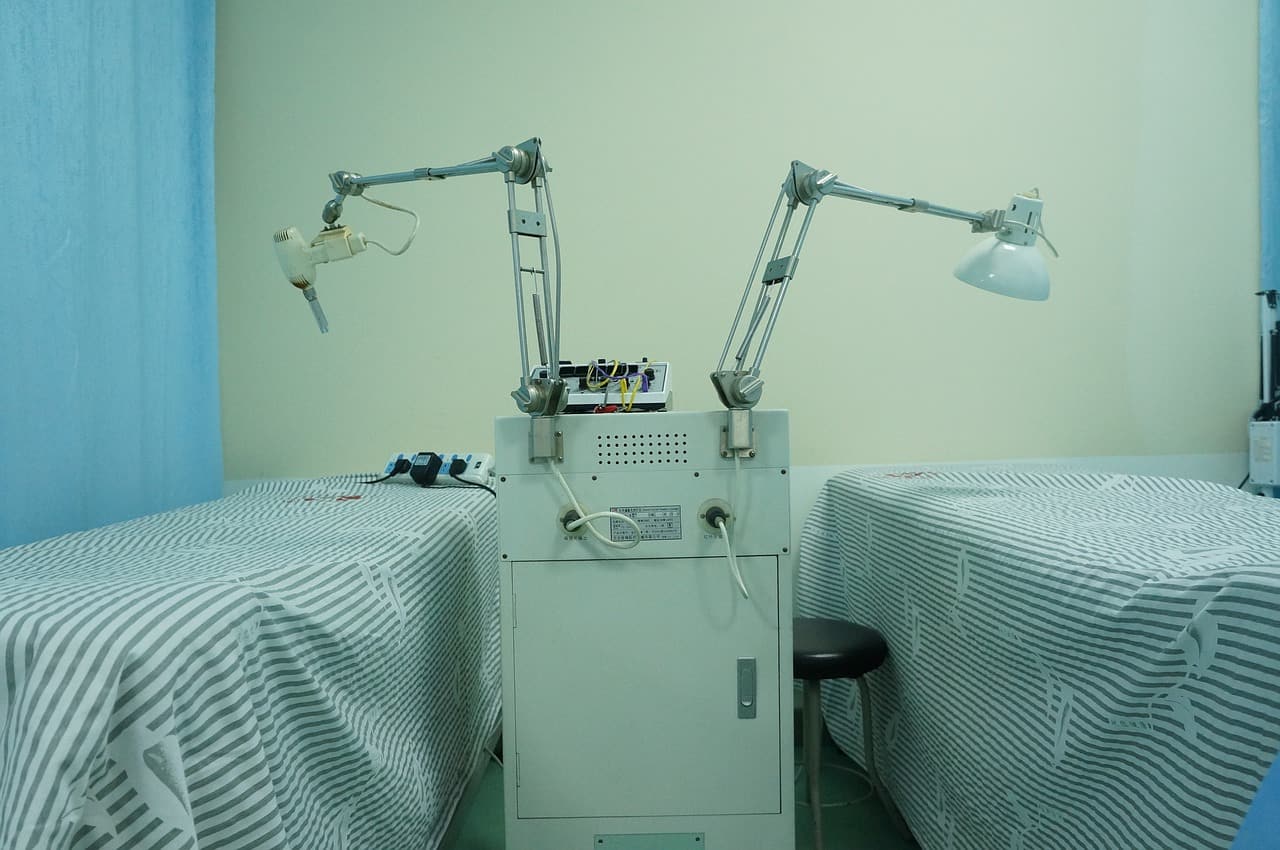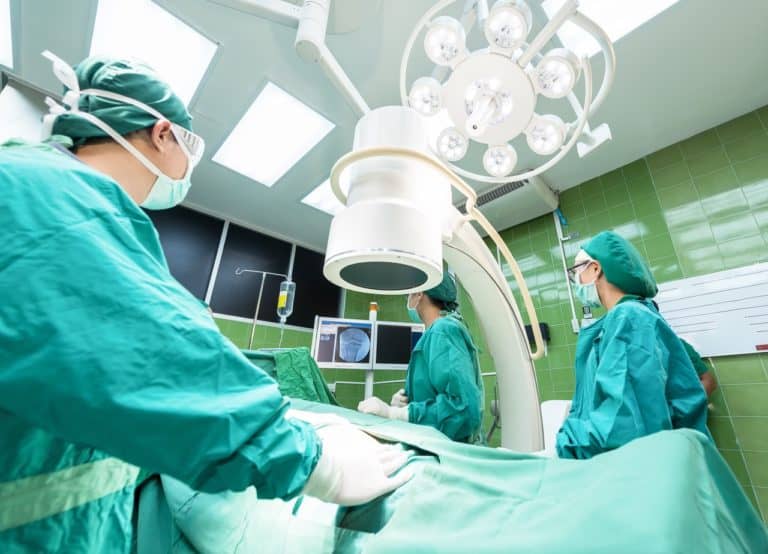After conducting a survey among urologists, a research team from Oakland University determined that a study is needed to find ways to prevent prostate biopsy complications. The challenge will be to identify a practice protocol most urologists will follow.
More than one million prostate biopsies are performed each year in the United States. A prostate biopsy is a test that involves taking minute tissue samples from the prostate so they can be examined for signs of cancer. Although the complication rate is not high, prostate biopsy can cause infection, which can range from a urinary tract infection to a serious blood infection.
The current survey went out to 3,363 urologists, and 235 completed the questions. Review of the answers revealed that only 73% of the urologists routinely took a urinalysis before biopsy and 86% required the preferred prep, which is rectal enema.
Most of the urologists did not follow American Urological Association guidelines regarding the use of antibiotics for a prostate biopsy, which is administration of the drugs 60 minutes before the procedure and continuing them for no longer than 24 hours. Most (63%) of urologists started antibiotics the night before the biopsy and 68% continued them for 48 to 72 hours post-biopsy. Fluoroquinolones were the antibiotics used by most urologists (88%).
Two-thirds (67%) of the urologists reported having had patients who needed hospitalization for complications following prostate biopsy, and 41% noted a rise in the frequency of complications associated with fever following prostate biopsy. One percent of urologists said they had had patients who died because of post-biopsy sepsis.
The results of this survey, which were presented at the American Urological Association annual meeting in Atlanta, Georgia, on May 22, 2012, as a poster presentation show that most urologists do not follow AUA guidelines, that hospitalization following prostate biopsy is not uncommon, and that death is a complication of prostate biopsy. The author concluded “there is a need to perform a well-controlled trial to determine the best prophylaxis for prostate biopsy.”







